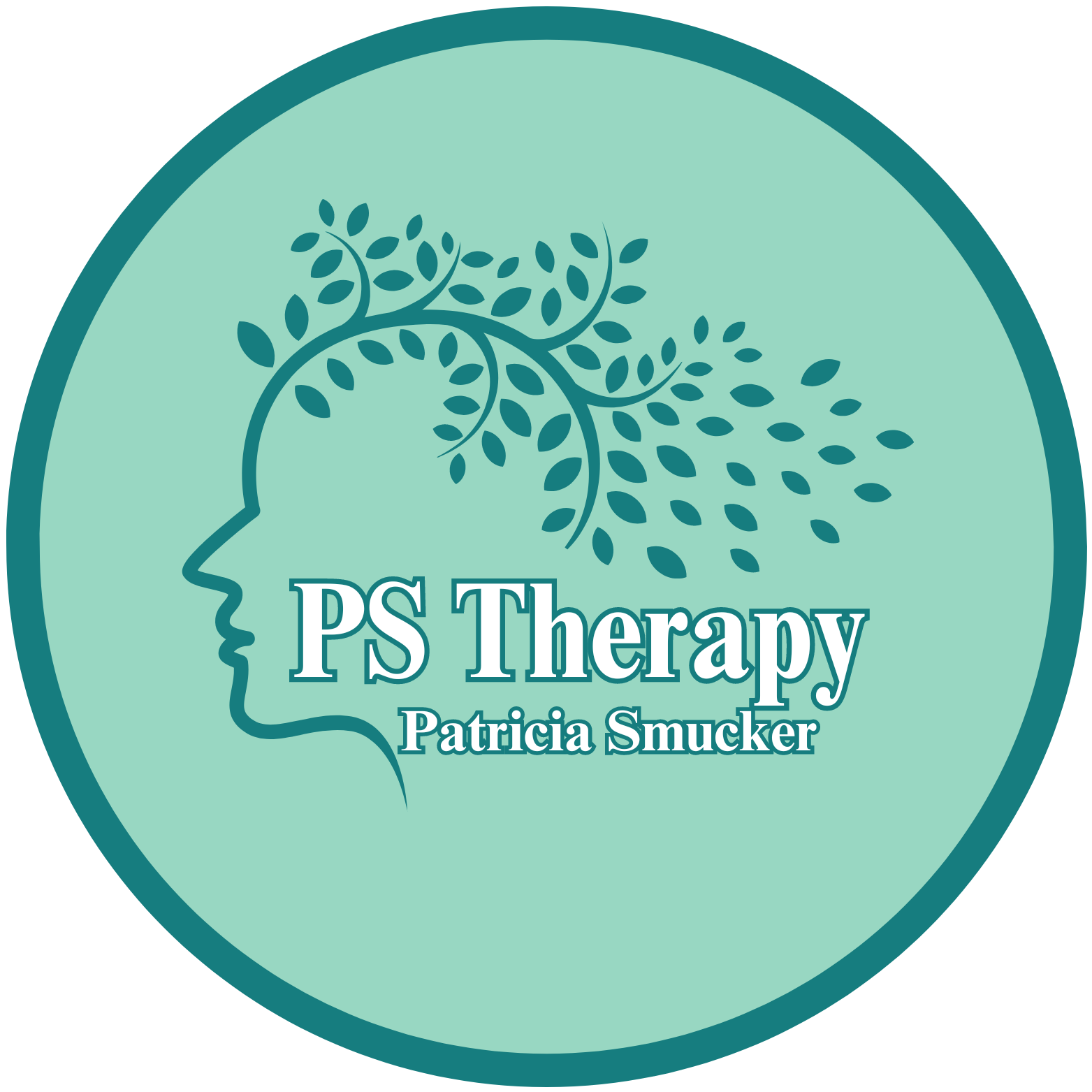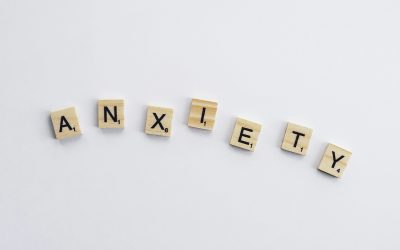In Cognitive Behavioral Therapy (CBT) the focus is on understanding your internal processes. In traditional therapy the focus was on the past experiences. In CBT a therapist will help you understand how your past experiences and the beliefs and emotions created in those experiences, directly impact your current level of functioning. CBT is effective in treating depression, anxiety, relationship problems, pain tolerance and a host of other conditions.
Thoughts occur in our minds in fractions of a second. Because of this most of us are not aware of what we’re thinking and how these thoughts impact our emotional state. CBT challenges you to become aware of your thoughts and to learn to determine how rationale your thoughts are. With CBT we identify the main topics we think about. It helps us know when we are about to enter a depressed state. It teaches us how to motivate ourselves when we feel discouraged. And how to become more resilient to the negative comments of others.
Self-awareness is vital for change. The awareness of your thoughts and reactions will help you make new decisions and the behavioral changes that will make your life better. While it does require patience and perseverance, CBT is evidence-based to magnify your ability to change your life. Initially, the emotions lag behind the new thoughts and actions, but as you repeat the new thoughts and behaviors, you build new neural pathways in your mind which makes the change sustainable.
A few questions you can learn to ask yourself are the following: What am I feeling right now? What is going on in my life? What am I thinking about? What do I think about myself right now? Are my thoughts rational? How important is this experience? What is the worst possible outcome?
Once you ask and answer these questions on a regular basis, you will see that your emotional state is primarily being created in your thoughts. And that when you think rationally, you feel better. Once you feel better emotionally, you will be able to address the problems that are occurring outside of your body. For example, once you apply CBT to your life you will be able to address problems at work, or in your relationships. You’ll make better decisions regarding your overall health and be able to act on those decisions. If you have fears about your health, you’ll be able to seek the help you need instead of having the fear hold you back and control you.
A very effective way to calm your mind and identify the thoughts that are creating emotional distress is journaling. Writing in a journal, rather than typing on a computer, will increase your awareness of yourself. Learning to breathe is another important technique that is beneficial. Of course, we are all breathing all day long, but using our breath to quiet our minds and create a calm emotional state has to be learned and practiced to optimize its effectiveness. Meditation, hobbies, social outlets are also important behaviors that will help you incorporate balance in your life.
There are no set rules to determine when you should seek therapy. In general, therapy is beneficial to everyone because it is in the trusting, safe relationship with another person that we learn about ourselves. If you find that the above application of the CBT principles are not working then it is time to contact a therapist. If your thoughts turn to self-harm or harming others, it is definitely time to make an appointment with a therapist. Mental health clinics make therapy available to everyone no matter what the background or ability to pay. Remember that mental health determines your quality of life, so you should do all you can to ensure that you are your best self.
You now have a basic understanding of Cognitive Behavioral Therapy. Finding the professional that can help you and that you are comfortable with is the next step. It is appropriate to interview the potential therapists you are considering. Typically, an initial telephone conversation is free of charge. In the first session with me, we will decide at the end of the hour if we can work together to achieve your goals. In looking for a therapist, it is important to take your time and interview as many therapists as you need to in order to make the best choice. Therapy is a decision you will never regret.
View More
Coping with Anxiety
I learn as much from my clients as they learn from me, which is why my life is richer and more fulfilling because of the work I do. Recently, a client returned to treatment to focus on an eating disorder. I had already successfully treated her for an anxiety disorder...
Blog on Anxiety
I was about 25 years old when I first learned the term anxiety. Until that time I was not aware such a feeling existed. Fear I knew well. Having grown up in a family where my father was chronically ill and eventually died when I was in 10th grade. The uncertainty of...
Grief vs. Depression
Clients have come to therapy and asked me what the difference is between feeling sad and being depressed. When I hear that question, I often come to find the sadness they are feeling is not so much depression, but a grieving experience. Grief is a process – a series...
4 Comments
Submit a Comment
You must be logged in to post a comment.





Great content! Super high-quality! Keep it up! 🙂
I love browsing your site. thnx!
My partner and I stumbled over here by a different web address and thought I might
as well check things out. I like what I see so i am just following you.
Look forward to looking into your web page for a second time.
P.S. If you have a minute, would love your feedback on my new website
re-design. You can find it by searching for “royal cbd” –
no sweat if you can’t.
Keep up the good work!
thank a lot for your web site it aids a lot.